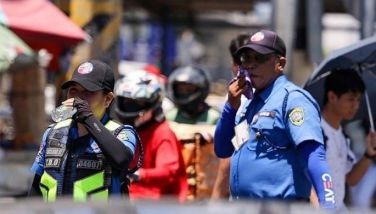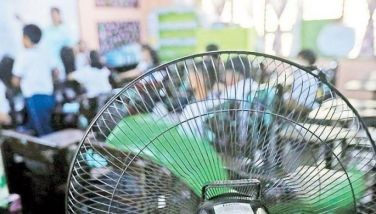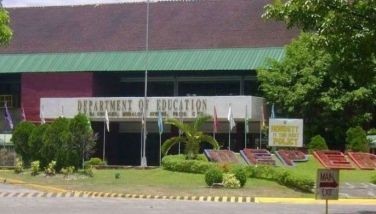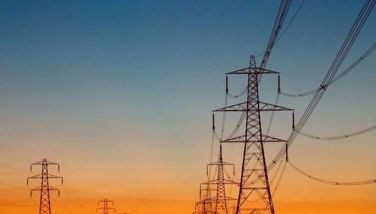12,000 babies to be born in disaster areas next month
MANILA, Philippines - Some 12,000 babies are estimated to be born next month in areas that Super Typhoon Yolanda had devastated.
Julie Hall, World Health Organization (WHO) country representative, said they came up with this estimate based on the demographic statistics in the areas.
“That is the calculation of the number of women in the major hit areas and those women who are likely to give birth in the next month,†she said.
Hall said WHO is deeply concerned because a pregnant woman and a newborn baby are particularly vulnerable when it comes to disasters.
“It is very important that all the reproductive health kits are there so that they could have a clean delivery and the medical service for pregnant women and newborn babies are established very quickly,†she said.
Hall said babies must be breastfed to protect them against infection.
“At the moment there is very little clean water,†she said.
“Mixing formula with dirty water would be deadly for babies. Breastfeeding babies even at the best of times, even when there is no disaster, is the best thing you could do for a baby. It is absolutely vital that women are supported to breastfeed their babies fully for six months.â€
Hall assured mothers that breast milk could give their babies all the nutrition they need.
“You don’t need additional milk formula or food during the first six months of life,†she said.
“It will also protect the baby from infection because the mom will give the baby antibodies through the breast milk. And those babies will need that antibodies right now.â€
Hall said the baby will need antibodies to protect themselves from infection even during good times.
“And, right now, living in this difficult situation at the Yolanda-battered areas, the babies will need as much protection as possible,†she said, adding that
the donation of milk formula could discourage women from breastfeeding.
WHO estimates that 22 percent of infant deaths could be prevented if breastfeeding could be initiated in the first hour of a newborn’s life.
Breastfeeding is known to reduce the risks of sepsis or blood infection in the first month of life; diarrhea, pneumonia, necrotizing entero-colitis or a gut problem in pre-term babies, ear infections, sudden infant death syndrome, skin allergies, asthma, leukemia, type 1 diabetes and obesity.
Breastfeeding mothers can enjoy lower rates of type 2 diabetes, breast cancer, ovarian cancer, baby blues or post-partum depression.
- Latest
- Trending





























